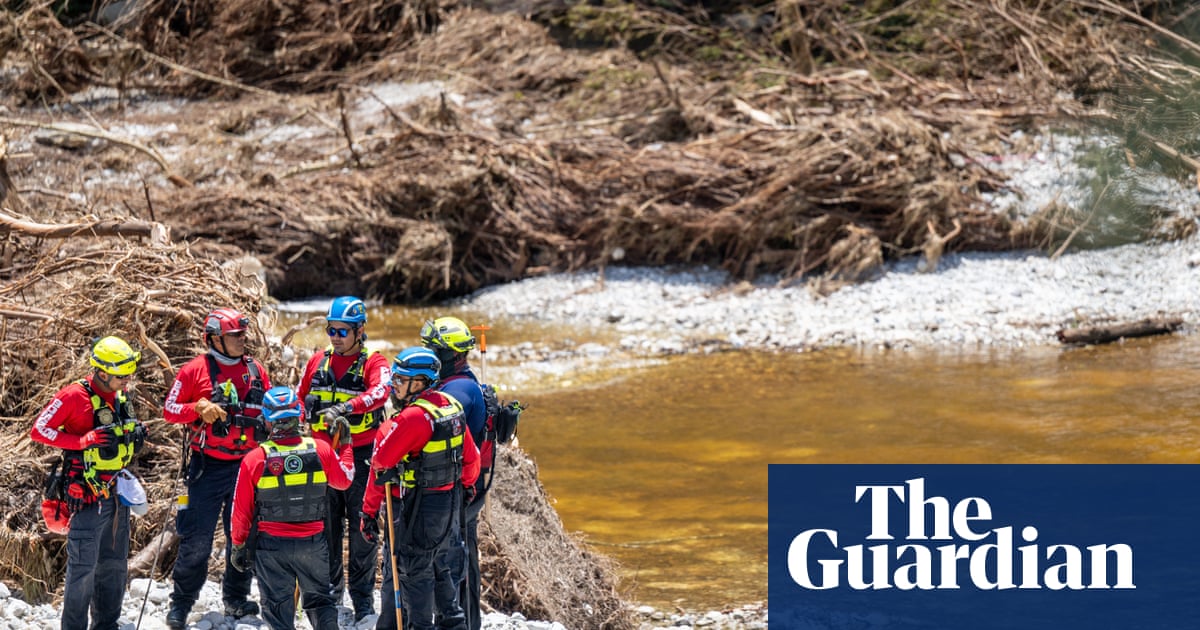I started high school last year with some friends I’ve known for a long time. One of those friends has started to act toxically with other people.
I have been distancing myself from her for a while, but nothing seems to work. She is really sensitive and has a history of dishonesty, which makes confronting her about my feelings incredibly difficult. She talks badly about many people, but pretends to them that they are the problem.
I have already talked to teachers about this, but they take her side, and I always get in trouble. I don’t know how to bring this up or get her to understand I don’t want to be her friend any more. What should I do?
Starting high school is a big step and there’s lots of change, and whenever there’s change in a group there’s a jostling for position and a lot of insecurities come out. It’s also a big step because you go from being the oldest students in school to the youngest, and are exposed to far more adult behaviours. I wonder what’s going on with your friend, but it’s important to remember you are absolutely not responsible for her behaviour. So while it’s really good to think compassionately about what’s happening to others, ultimately they own their behaviour and you own yours. It’s never too early to learn this.
I went to Alison Roy, who is a child and adolescent psychotherapist. She said the fact you had noticed something had changed for your friend, while “also being aware that your feelings showed real maturity”.
It’s frustrating that the teachers don’t seem to hear what you say, but teachers, while doing a great job, aren’t always the best people to help you deal with the psychology of friendships. Also, as Roy pointed out, “teachers don’t always have the time or bandwidth for friendship dynamics and would expect you to try to resolve things independently”. It can be very different from how things are managed in primary school.
Roy also explained that when people (young or old) feel insecure “they can start to behave differently. There may well be something else going on for your friend that you won’t know about, and they might not want to tell you. You could ask a few gentle questions, although it isn’t your responsibility to fix things. What you do have control over is how you deal with your own feelings and concerns; and sometimes when people change and we find we have less in common with them, it’s an opportunity to try out new friendships and move outside our comfort zones a bit.”
The defensiveness and dishonesty your friend displays could be due to shame, and the reasons people can be like that are complex. But again, that’s not for you to fix.
Learning to put in boundaries, but also thinking about what might be going on for others (with the caveats we’ve mentioned), are really important life skills. So is being able to communicate with people you used to get on with but now find challenging. Most friendships will rupture at some point, the real skill is in the repair. Lots of adults struggle with this.
You say you don’t want to be her friend any more, but you are also asking for help. Sometimes the simplest solution is right there, but we don’t take it. Here, that would be asking your friend, in a quiet moment, something like: “I don’t feel we get on as well as we did. I wonder how it feels for you?” And taking it from there. You can’t do all the work for her, but this would be an incredibly mature thing to do. I always think face to face is best, because you can get a “360” view on that person – ie, not just what they say on text, but what clues are in their body language.
after newsletter promotion
Unfortunately, you can’t make your friend understand – that’s her job. But you can start the conversation, and in so doing you will be making an important first step in communication. And perhaps, even if you don’t sort this out, you will gather some important information that helps you move on. Keep me posted!
Every week, Annalisa Barbieri addresses a personal problem sent in by a reader. If you would like advice from Annalisa, please send your problem to [email protected]. Annalisa regrets she cannot enter into personal correspondence. Submissions are subject to our terms and conditions. The latest series of Annalisa’s podcast is available here.

 6 hours ago
6
6 hours ago
6

















































